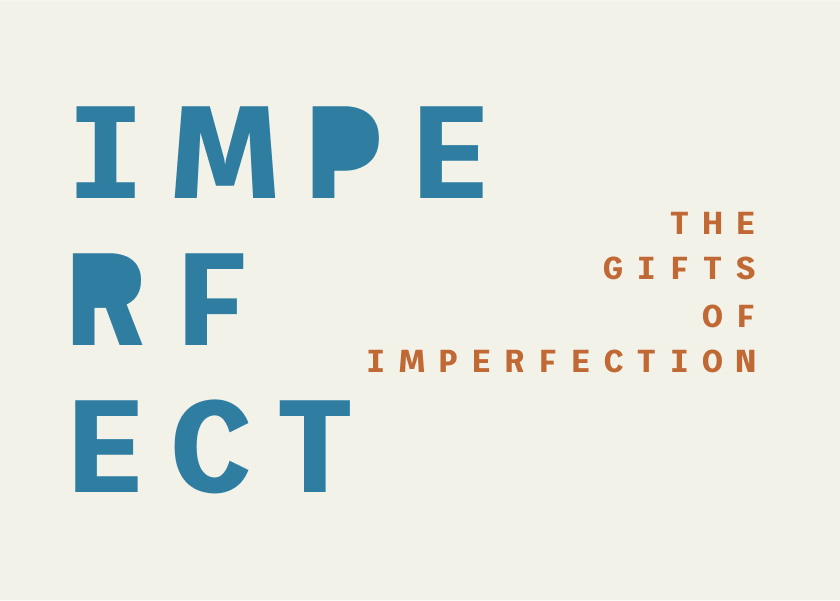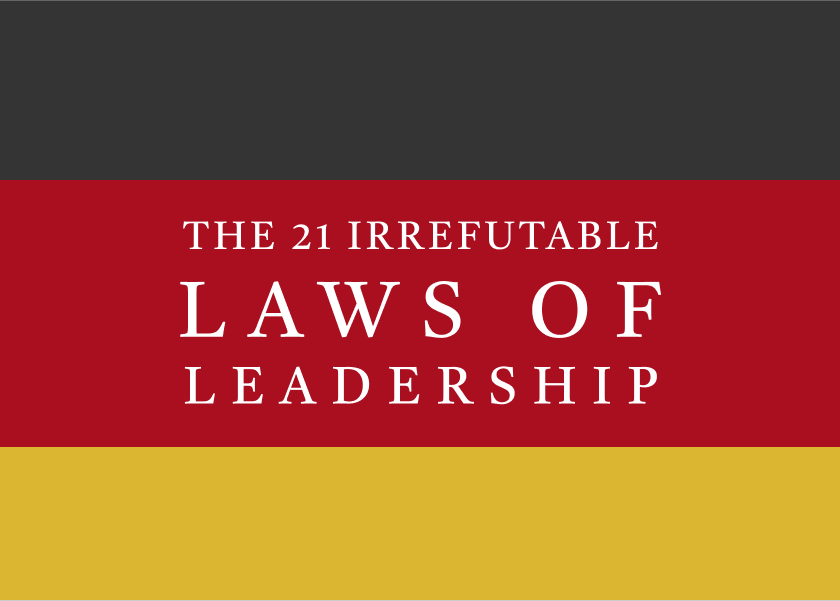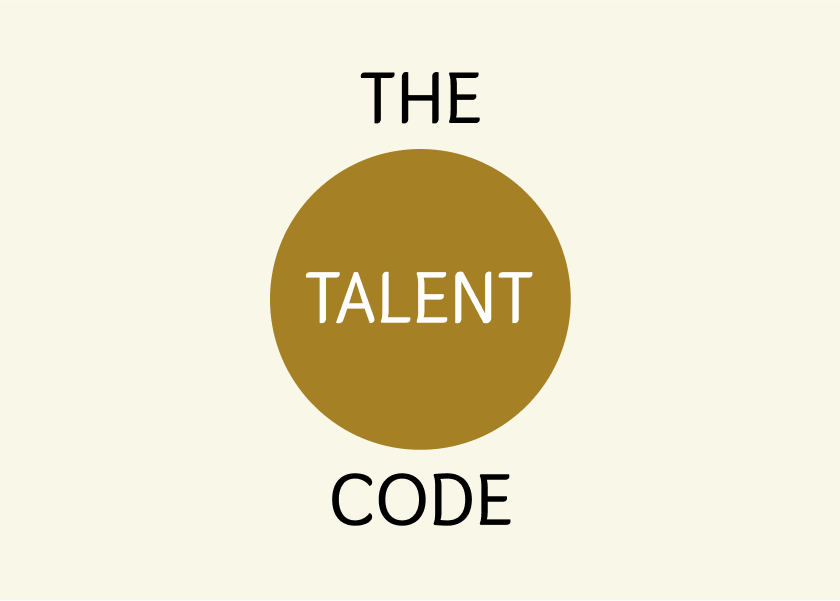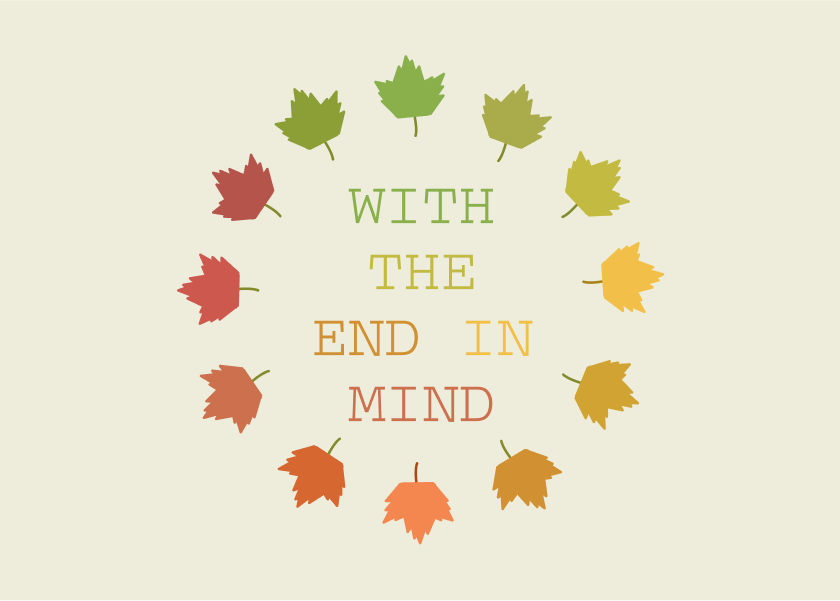Four Thousand Weeks by Oliver Burkeman - Summary
The average human has about 4,000 weeks to live. And this book shows us a path to a more meaningful and peaceful life by confronting our finitude and embracing the rest. It encourages us to stop using time solely for future purposes and instead focus on the present.
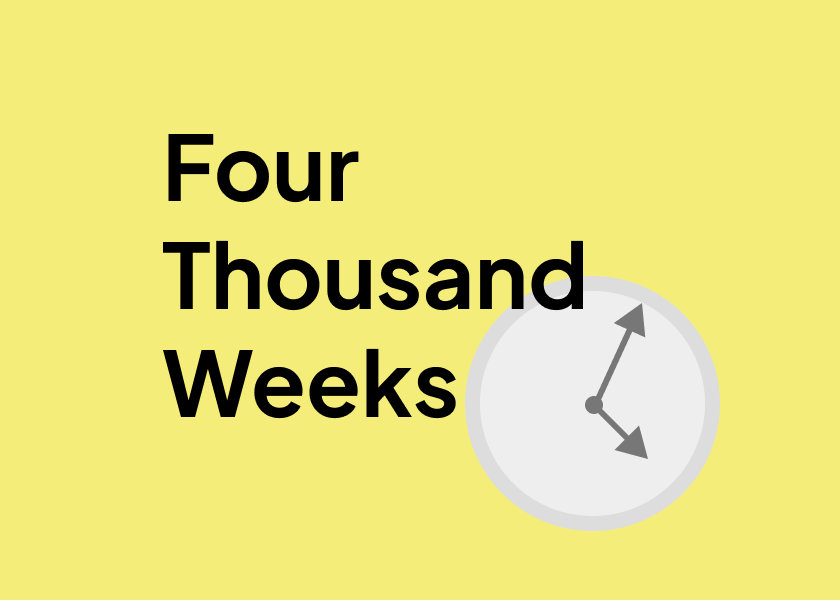
The following is a summary of the book Four Thousand Weeks by Oliver Burkemen.
Listen to ShelfHelp's podcast summarising the book Four Thousand Weeks.
Are you constantly feeling overwhelmed by your to-do list, haunted by the feeling that you're not making the most of your time? In a world obsessed with productivity and efficiency, it's easy to fall into the trap of trying to squeeze more and more into each day. But what if the real problem isn't how we manage time, but how we think about it? In "Four Thousand Weeks: Time Management for Mortals," Oliver Burkeman challenges conventional wisdom, offering a refreshing perspective on our relationship with time. This popular book, lauded for its insightful and practical approach, provides a compelling alternative to the endless pursuit of productivity, suggesting that true fulfillment lies in embracing our limitations. This summary provides an overview of the key ideas and actionable advice, saving you time and guiding you to the essential insights.
Table of Contents
- About the Author
- Who Should Read This Book?
- Key Insights and Themes
- Detailed Summary
- Review
- Actionable Takeaways
- FAQs
- Conclusion
About the Author
Oliver Burkeman is a renowned author and journalist, best known for his insightful work on psychology and productivity. He is the author of "The Antidote: Happiness for People Who Can't Stand Positive Thinking" and a former feature writer for The Guardian, where he penned the popular weekly column, "This Column Will Change Your Life". Burkeman's work has also appeared in The New York Times, The Wall Street Journal, and New Philosopher. His ability to blend philosophical ideas with practical advice makes him a credible and engaging voice on the challenges of modern life.
Who Should Read This Book?
This book is a valuable read for anyone who feels overwhelmed by the demands on their time and seeks a more balanced and meaningful approach to life. Specifically, it will be beneficial to:
- The chronically busy: Individuals who constantly feel like they're running out of time and are always trying to do more. For example, the professional who works long hours, juggles multiple projects, and feels guilty when not being productive, or the parent who feels they must do everything perfectly and feels pressured to be both an exemplary employee and a perfect parent.
- The productivity obsessed: Those who are always looking for the next "life hack" or time management system to optimize their days. The person who spends more time organizing to-do lists than completing tasks. The individual who believes the key to happiness is in efficient use of time.
- Anyone seeking deeper meaning: People who are tired of the endless pursuit of achievement and are looking for a more fulfilling way to live that moves beyond external accomplishments. The person who feels that their days lack purpose or struggles to identify what is truly important to them.
Key Insights and Themes
Here are some of the key takeaways from Four Thousand Weeks:
- Finitude is a reality: We have a limited amount of time (approximately four thousand weeks).
- Productivity is a trap: The harder you try to be efficient, the more rushed you feel.
- Time management is not the answer: No amount of optimization will enable you to get everything done.
- Embrace your limits: Rather than trying to control time, learn to accept the limitations of being human.
- The present moment matters: Focus on the quality of experience rather than solely on future goals.
- Distraction is a flight from discomfort: We seek distractions to avoid painful feelings in the present.
- Meaningful living is more important than productivity: True fulfillment comes from focusing on what really matters.
- The importance of rest: Rest is not just about productivity, it is valuable for its own sake.
- Patience is a form of power: In a world geared for hurry, resisting the urge to rush is crucial.
- Creative Neglect: Focus on what is most important to you and learn to neglect the rest.
Detailed Summary
The book can be summarised into these key concepts:
- The Limit-Embracing Life
- The book argues that a major source of our time-related struggles comes from the modern idea of time as a resource to be used and optimized.
- This is in contrast to the pre-modern perspective of time, where it was simply the medium in which life unfolds.
- The pressure to use time well leads to berating ourselves when we feel we’ve wasted it.
- The book challenges the idea of "mastering time" arguing that it is something that we must embrace rather than dominate.
- The Efficiency Trap
- Many people today are obsessed with busyness and the pressure to fit more into a day.
- The book asserts that trying to get more done only leads to feeling more rushed, rather than more at peace.
- Productivity apps, "life hacks," and the quest for maximum efficiency often make things worse, not better.
- The more you try to fit in, the more things will seem important and obligatory.
- "Work expands to fill the time available for its completion" - this applies to all tasks, not just work.
- Facing Finitude
- Our lives are finite; we have approximately four thousand weeks on average to live.
- The book argues that the key is not about getting everything done, but choosing what to focus on.
- Becoming a Better Procrastinator
- The core challenge of managing our time is not about getting everything done, but choosing wisely what not to do.
- Procrastination is inevitable, so learn to choose what to procrastinate on.
- Many time management techniques make matters worse by trying to enable us to get everything done.
- The book discusses the "rocks in the jar" parable and claims the teacher is lying because there are too many rocks for the jar.
- The book recommends "paying yourself first" with time, just as you would in personal finance.
- Limit your work in progress to avoid feeling overwhelmed and never finishing important projects.
- Focus on your top priorities and avoid "middling priorities" that distract you from what is most important.
- The Watermelon Problem
- The "attention economy" is designed to prioritize the most compelling content, not the most true or useful.
- Social media platforms use "persuasive design" to keep us hooked, often exploiting our psychological vulnerabilities.
- Distractions change how we define important matters and lead us to "want what we want to want".
- Our attention is a finite resource and we are often not in control of how our attention is directed.
- The Intimate Interrupter
- We often seek distraction to escape the pain or discomfort of the present.
- The "intimate interrupter" is our internal urge to avoid difficult but meaningful tasks.
- Strategies to defeat distraction often fail because they don't address the underlying urge.
- We Never Really Have Time
- The book challenges the notion that we can control the future and encourages us to embrace uncertainty.
- We must accept the fact that we never have enough time to complete all tasks and must focus on the present.
- Trying to control the future often obscures our experience of the present.
- You Are Here
- We often treat life as a means to an end, rather than being valuable in the moment.
- The book argues that each moment is a "last time" and should be treated as such.
- We must avoid being so focused on the future that we miss our present experiences.
- Rediscovering Rest
- Rest is not merely about productivity but is valuable for its own sake.
- We live in a culture that promotes the use of leisure time for productive purposes.
- Many find it unpleasant to pause and not be productive.
- True rest may initially feel uncomfortable but it is essential.
- The Impatience Spiral
- Our culture's constant need for speed has impacted experiences like reading, making people impatient.
- Reading, like other meaningful activities, takes the time it takes and cannot be rushed.
- Staying on the Bus
- Patience is a form of power in a fast-paced world.
- Life is about dealing with problems and problems are the substance of a meaningful existence.
- The book recommends embracing "radical incrementalism" and focus on small steps, consistently.
- Originality requires the patience to immerse yourself in the trial and error phase of learning new skills.
- The Loneliness of the Digital Nomad
- The book questions whether individual control over time is as important as being part of a collective.
- A profound sense of meaning comes from participating in collaborative endeavors that may require some sacrifice of control over one's time.
- We must find a balance between individual freedom and the rhythms of the world.
- Cosmic Insignificance Therapy
- The book argues that the feeling that our lives must be extremely meaningful can cause paralysis.
- It is important to embrace "cosmic insignificance" and to be okay with not making a huge impact on the world.
- The Human Disease
- It is important to embrace the human condition with all its limits.
- The key is to do the "next and most necessary thing" with conviction.
- We must let go of the hope that our lives must be a dress rehearsal for something better and embrace our limited control.
Review
Four Thousand Weeks is a compelling read that challenges many of the assumptions we have about time and productivity.
- Strengths:
- Insightful Perspective: The book provides a fresh take on time management, moving away from the usual "how-to" advice to explore deeper philosophical ideas.
- Practical Wisdom: Despite its philosophical bent, the book offers actionable steps for changing how we relate to our time.
- Well-Written: Burkeman's writing style is engaging, making complex concepts accessible to a wide audience.
- Thought-Provoking: The book prompts a reevaluation of our values and the ways in which we spend our limited time.
- Weaknesses:
- Not a Quick Fix: Readers looking for a simple time-management system might find the book's approach too abstract.
- Can Be Overwhelming: The book covers a lot of ground, and readers may feel overwhelmed by the depth of the topics addressed, even if they are engaging.
Actionable Takeaways
How to Apply These Lessons in Real Life:
- Adopt a "fixed volume" approach to productivity: Create an open and closed to-do list and limit how many tasks you actively work on at any given time.
- Serialize your projects: Focus on one big task at a time before moving on.
- Limit your exposure to social media and digital devices: Use single-purpose devices and remove distracting apps from your phone.
- Pay yourself first with your time: Prioritize the activities that matter most and schedule time for them.
- Practice "creative neglect": Choose what to focus on and accept that you will miss out on many other opportunities.
- Cultivate "instantaneous generosity": Act immediately on impulses to be generous.
- Embrace boredom: Avoid distractions and be present in the moment.
- Develop a taste for problems: Acknowledge that life is full of problems and find meaning in addressing them.
- Cultivate patience: Allow things to take the time they take and don't rush.
- Consolidate your caring: Pick a few causes to focus on rather than trying to address all the world's problems.
- Embrace uncertainty rather than trying to control everything.
- Be wary of the idea that you must earn your place in the world. You have a right to exist and to enjoy your time.
- Do the next most necessary thing rather than focusing on grand plans.
FAQs
- What is "Four Thousand Weeks" about? "Four Thousand Weeks" is a book about time management that challenges conventional wisdom and argues that true fulfillment lies in embracing our limitations rather than trying to control time.
- Is "Four Thousand Weeks" worth reading? Yes, "Four Thousand Weeks" is worth reading if you're tired of feeling overwhelmed and are seeking a more meaningful and balanced approach to life. It provides valuable insights that challenge modern productivity culture.
- What is the central idea of "Four Thousand Weeks"? The central idea is that we should embrace our finite time and focus on what truly matters, rather than trying to optimize our lives for maximum productivity.
- What does "paying yourself first" mean in terms of time? It means prioritizing the activities that matter most to you by scheduling time for them, just as you would set aside a portion of your paycheck for savings.
Conclusion
Four Thousand Weeks is more than just a book about time management; it's a guide to living a more intentional and fulfilling life. By challenging the idea that we can control and optimize our time, Oliver Burkeman offers a path toward greater peace, meaning, and satisfaction. If you’re ready to rethink your relationship with time and embrace the human experience, this book is a must-read. Don't delay in starting your journey to a more meaningful and purposeful life; embrace your limitations now.
As an Amazon Associate, ShelfHelp may earn money from qualifying purchases. Needless to say, ShelfHelp only includes affiliate links to books we recommend and think are worth your time reading.

